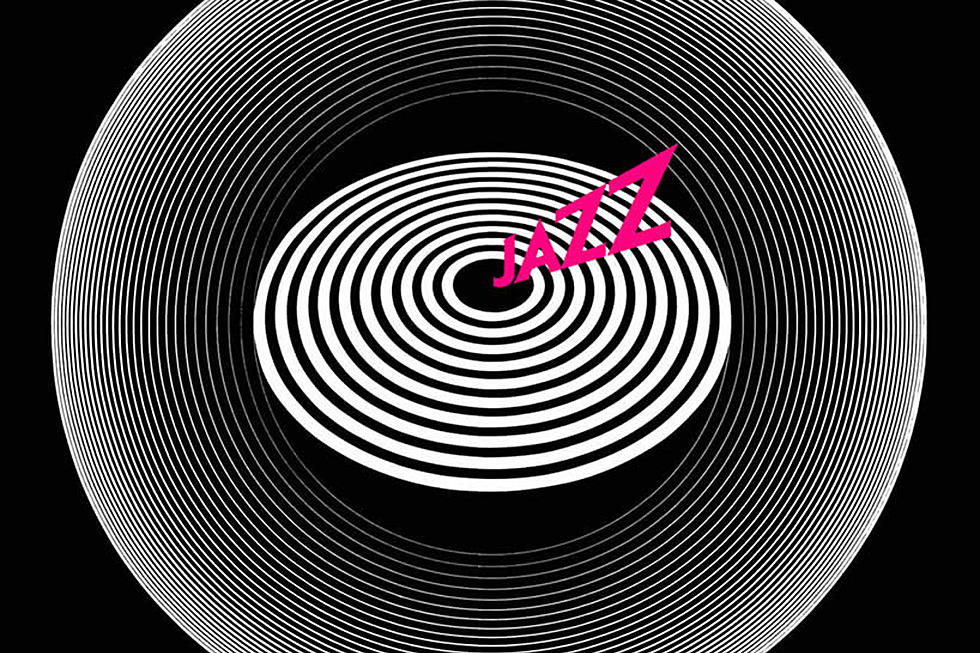
How Queen Ended the ’70s With ‘Jazz’
Queen's final album of the '70s was the musically eclectic but spartanly named Jazz. And while it would predictably add to the band’s winning streak by spinning off several hit singles and topping charts around the world, it remains one of the most distinct records in the band's discography.
Released on Nov. 10, 1978, Jazz was the first of several albums recorded, for tax purposes, outside of Queen’s British homeland (beginning in Zurich, Switzerland, and concluding in Nice, France), and the last to feature a co-production credit by Roy Thomas Baker, who collaborated on their early records but had been in the midst of a a two-album absence.
Maybe these new surroundings (and maybe even the symbolic end of an era) had something to do with inspiring the daunting breadth of musical diversity spread across the generous 13 tracks finalized for Jazz: Songs included Freddie Mercury’s bombastic opening nod to his exotic Farsi origins with "Mustapha," John Deacon’s heavy-metal outburst on "If You Can’t Beat Them," Brian May’s dalliance into sultry music-hall swing on "Dreamer’s Ball" and Roger Taylor’s disco-funk escapades on "Fun It."
On top of this embarrassment of democratically distributed songwriting riches, Mercury and May delivered their reliable and chart-conquering one-two-singles punch on the playfully infectious "Bicycle Race" and riff-powered hilarity of "Fat Bottomed Girls" – though women’s-lib groups of the day weren’t all that amused.
As a way to fix these singles in record buyers’ minds – and perhaps to counter the album sleeve’s rather dour, black-and-white demeanor – Queen included a large and colorful fold-out poster, depicting dozens of bare-naked models riding their bicycles around London. No wonder then that so much irresistible music and provocative imagery helped make Jazz one of the most beloved albums among discerning Queen fans.
The Best Song From Every Queen Album
You Think You Know Queen?




